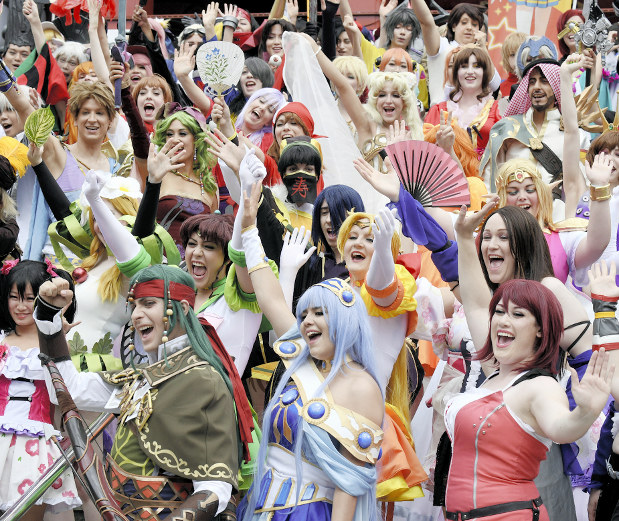'Cool Japan' Strategy: For a Government to Consistently Support Culture and to Account for Every Penny (Yen) for over 20 years
20 Years of Consistent Cultural Support
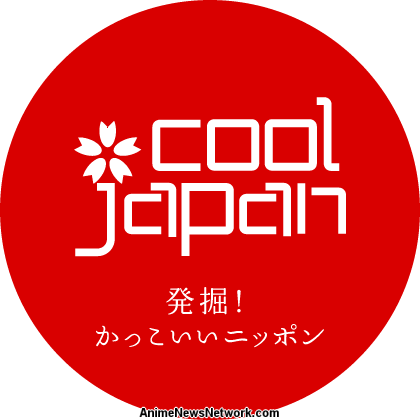
It's interesting how the Japanese government has been accounting to its citizens for the money spent over the last 20 years. Led by the Ministry of Economy, Trade, and Industry (METI), Japan maintains full transparency in fund management, regularly publishing reports and press releases. These documents not only reveal the goals and scope of "Cool Japan" projects but also precisely inform how funds are allocated - showing “when and how much goes where”.
What's "Cool Japan" About?
Don't be misled by the name; "Cool Japan" is not a lighthearted shōjo manga title but a government strategy that emerged in the early 21st century with the primary goal of promoting Japanese culture abroad. It’s not just about sushi and samurais; we're talking about a broad concept of pop culture - from manga and anime, through modern technologies and street fashion, to traditional board games, literature, and traditional interior design.
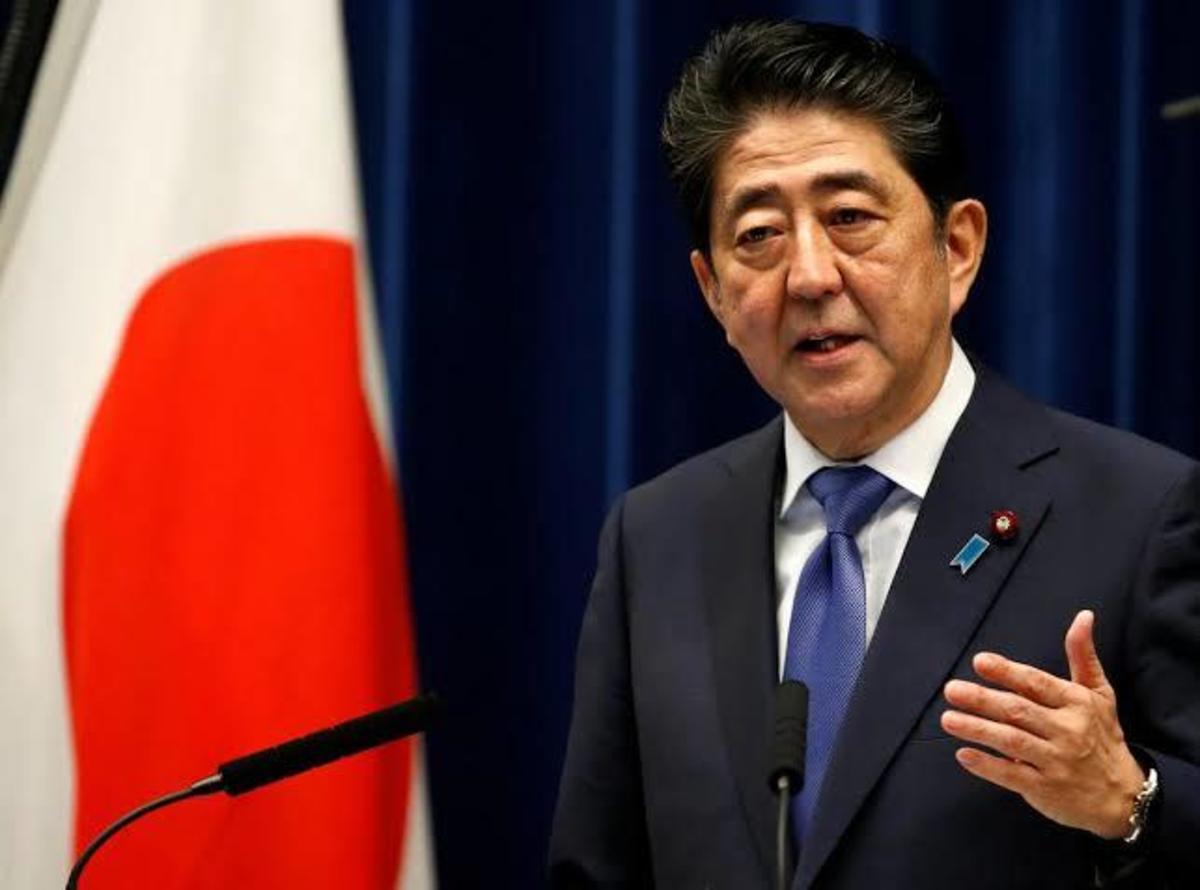
The goal of "Cool Japan" was clear: to show the world that Japan is not only about technology and cars but also a nation with a rich, creative soul. This strategy encompassed everything from video games and manga to modern technologies and fashion. The program anticipated substantial investments in cultural export. For example, in 2013, the Japanese government invested 50 billion yen (about 500 million dollars) in the "Cool Japan" Fund, mainly for overseas promotion.
However, despite these impressive figures and commitment, the "Cool Japan" strategy encountered certain challenges and setbacks along the way. From issues of effective fund management to criticism regarding the authenticity and global accessibility of exported cultural products. Even the best intentions can always encounter difficulties and resistance. Nevertheless, Japan's determination and enthusiasm in promoting its culture on the global market cannot be denied.
The Origin of "Cool Japan"
The beginnings of the "Cool Japan" strategy date back to the early 2000s. This idea emerged as a response to the growing interest in Japanese culture worldwide, especially the fascination with manga, anime, and Japanese pop music. A key moment for the formal shaping of this idea was in 2002 when American journalist Douglas McGray published an article titled "Japan's Gross National Cool" in "Foreign Policy" magazine. In his text, McGray presented Japan as a country that could use its culture to build international influence, becoming a kind of "cultural superpower".
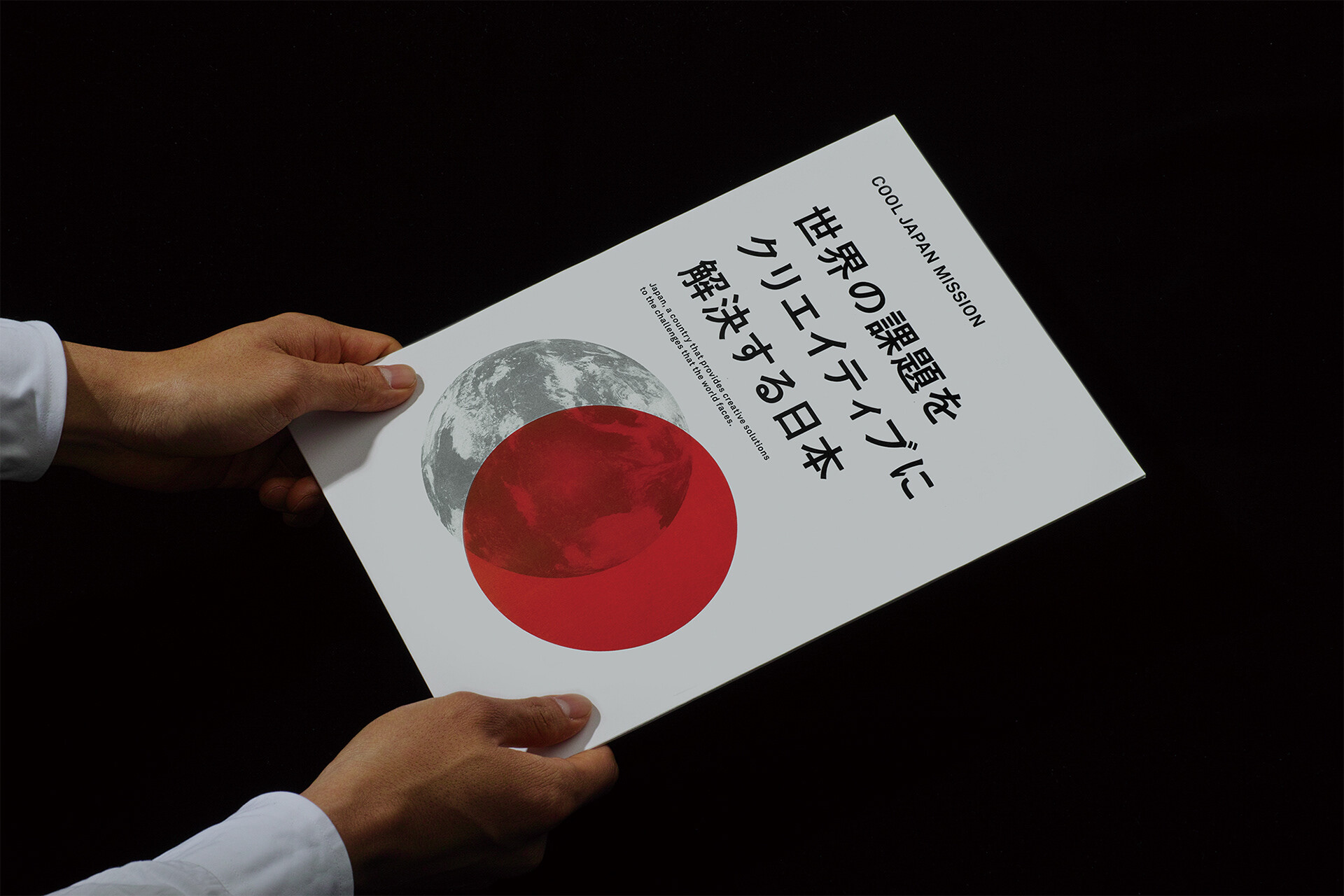
"Cool Japan" was not merely an attempt to export popular mass culture products. The Japanese government wanted to show the world a wide spectrum of its culture, from traditional crafts through culinary arts to the latest achievements in technology. This comprehensive approach aimed to create an image of Japan as a country of innovation, creativity, and originality.
Thus, what started as a discussion on the global impact of Japanese culture transformed into a comprehensive government policy aimed at consistently strengthening Japan's position on the cultural and economic global stage.
Economic and Diplomatic Aspects of 'Cool Japan'
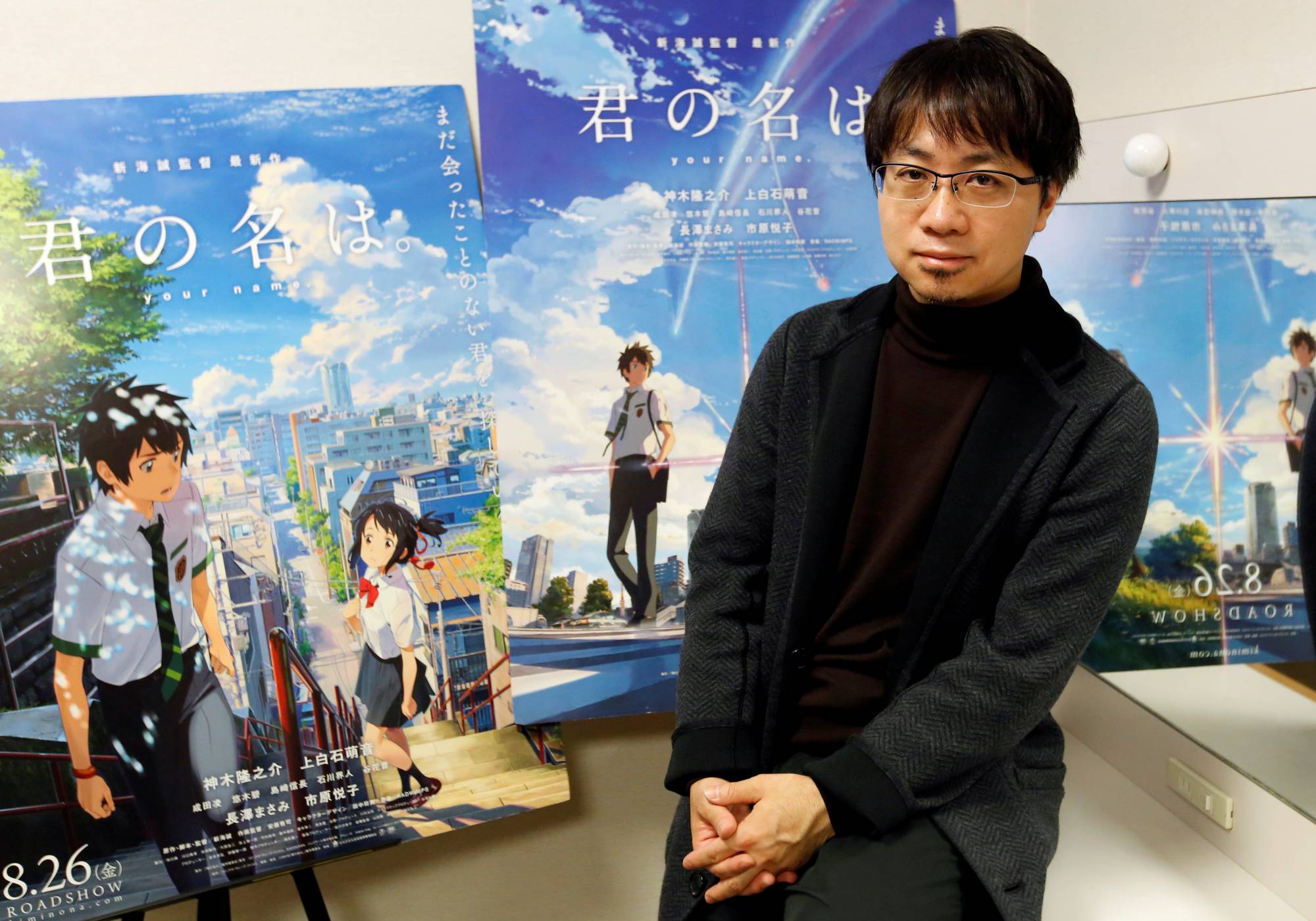
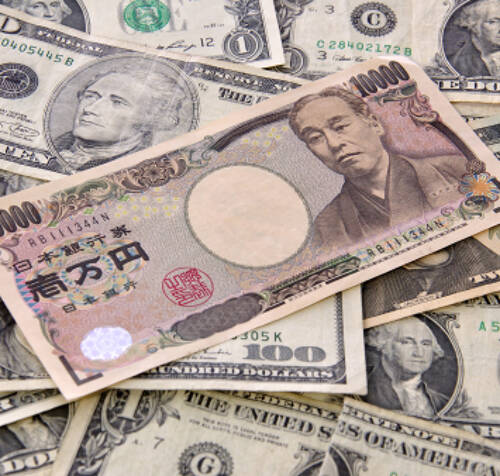
Diplomatically, 'Cool Japan' has become a tool for building and strengthening international relations. By promoting Japanese culture, the Japanese government aimed to increase international understanding and respect for its traditions. Through the organization of cultural events, exhibitions, and festivals worldwide, this strategy has helped create a positive image of Japan, facilitating the establishment of new diplomatic and economic partnerships.
'Cool Japan' has also contributed to an increase in the number of tourists visiting Japan. According to the Japan National Tourism Organization (JNTO), the number of foreign tourists in Japan rose from 8.3 million in 2012 to a record 31.9 million in 2019, marking a threefold increase. Tourism, a key element of 'Cool Japan', brought significant benefits to the local economy, generating revenue from the sale of cultural products, culinary services, and hospitality.
Examples of How the 'Cool Japan' Fund Has Been Used
Let's see where the fund goes.

The 'Cool Japan' Fund financed the opening of Japanese restaurants abroad, promoting Japanese cuisine such as sushi, ramen, and kaiseki. These actions aimed not only to promote culinary culture but also to support the export of Japanese food products. If a Japanese entrepreneur opened a business abroad and his restaurant with traditional Japanese cuisine met the program's requirements, he could count on financial support from the Japanese government (for example, the Ippudo Ramen chain, whose strong expansion in Western Europe and the USA is observed to this day).
 Promotion of Japanese Fashion
Promotion of Japanese Fashion
Investments in international fashion shows, where Japanese designers could present their collections, were one of the actions aimed at highlighting the uniqueness of Japanese design. Both established and young fashion creators could count on support in organizing events that promoted their designs among an international audience (such as Uniqlo in 2015 at international fashion weeks).
Support for Japanese Cultural Festivals
The fund financed the organization of Japanese culture festivals abroad, including film screenings, manga and anime exhibitions, Japanese music concerts, and workshops related to traditional Japanese arts and crafts. The biggest example here might be the Japan Expo in Paris.
Expansion of Japanese Media and Entertainment
Funding was also directed towards promoting Japanese films, series, video games, and pop music through their distribution on international streaming platforms and participation in international trade fairs and industry festivals. 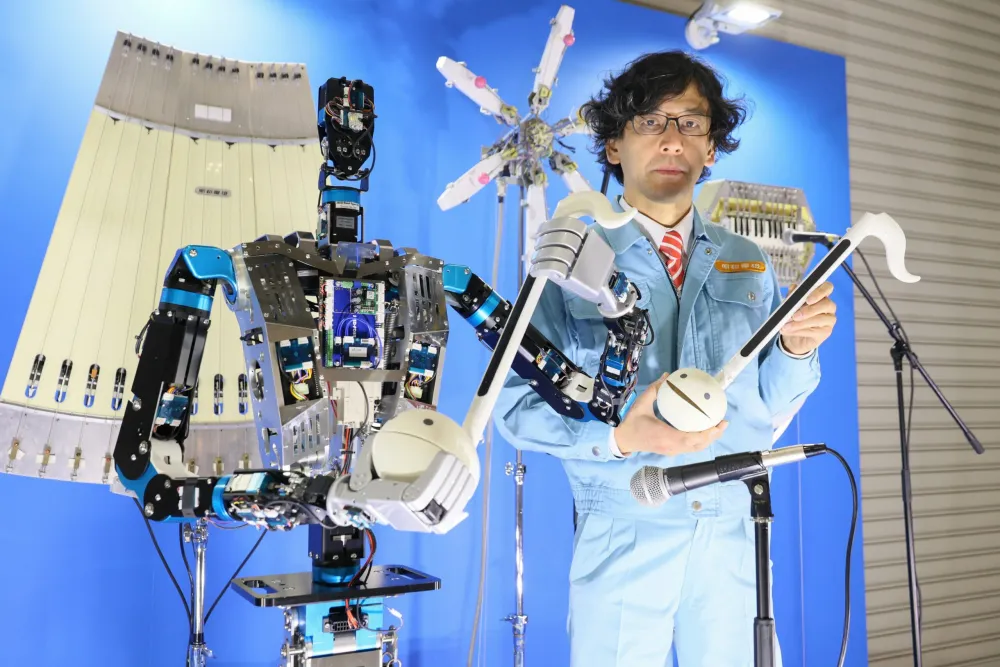
Promotion of Technology and Innovation
Projects showcasing the innovativeness of Japanese technologies, including advanced electronic gadgets, robotics, and digital technologies, were supported to emphasize Japan's role as a leader in this field.
How Transparent is the Japanese Government in Managing the 'Cool Japan' Fund?

Documentation and Reporting
METI regularly publishes annual reports and press releases, which contain detailed information about all projects carried out under the 'Cool Japan' umbrella. These documents not only present the goals and scope of individual initiatives but also detail how funds are allocated and spent. This allows citizens of Japan and interested parties worldwide to follow the program's progress, increasing transparency and building trust in the management of public financial resources.
 Openness to External Evaluations
Openness to External Evaluations
The transparency of the 'Cool Japan' program is further reinforced by its openness to external evaluations and reviews. Analyses conducted by independent research institutions, NGOs, and the media not only highlight the successes of the program but also point out areas in need of improvement. This willingness to accept constructive criticism and adjust strategies in response to changing market conditions is a testament to the commitment to effectiveness and efficiency in promoting Japanese culture worldwide.
 Charges and Mishaps
Charges and Mishaps
Despite its ambitious goals and impressive achievements, the 'Cool Japan' strategy is not free from criticism and challenges. The focus on promoting a broad understanding of Japanese culture worldwide has elicited a variety of reactions, both positive and negative. Below is a discussion of the main points of criticism and the challenges the project faces.
Criticism of Cultural Commercialization
One of the main criticisms of 'Cool Japan' is the excessive commercialization of Japanese culture. Critics argue that the pursuit of maximizing profits from cultural exports may lead to a loss of authenticity and distortion of traditional values. Instead of promoting a deep understanding of Japanese culture and heritage, the strategy could inadvertently promote a superficial and stereotypical image of Japan, focused on those aspects that are most 'sellable' on the international market.
 Challenges Related to Global Accessibility
Challenges Related to Global Accessibility
Another challenge is ensuring global accessibility and understanding of the promoted content. What may be attractive to a Japanese audience does not always resonate beyond the country's borders. Cultural differences, language barriers, and divergent aesthetic preferences can make the acceptance of Japanese pop culture difficult in some markets. There is a risk that without proper localization and adaptation, 'Cool Japan' initiatives may not achieve the intended effects.
 Investment Efficiency
Investment Efficiency
The financial efficiency of the project is also questioned. Critics point out that despite significant investments, the return on these expenditures is not always clear or measurable in traditional economic categories. They question whether public funds could be better used on other objectives that would bring more direct benefits to the Japanese economy and society.
 The Accusation is Inefficiency, Not Inhonesty
The Accusation is Inefficiency, Not Inhonesty
As of April 2023, in the context of the 'Cool Japan' Fund, there have been no widely publicized financial scandals or cases of fraud that have become publicly known on a large scale. Actions of this initiative, managed by the Japanese Ministry of Economy, Trade, and Industry (METI) and by the dedicated 'Cool Japan' Fund, have been extensively documented and reported, available for review by all citizens.
It seems that most of the criticism has focused rather on issues related to spending efficiency, selection of projects for funding, and challenges associated with measuring the direct impact of investments on improving cultural exports and Japan's image abroad. Critics have raised questions about whether funds allocated to 'Cool Japan' projects were being used in the most efficient way and whether the program's goals were being satisfactorily achieved.
However, as with many large government programs worldwide, managing public funds on a large scale is a complex challenge and may be subject to public discussion and criticism. In response to such criticism, institutions managing the 'Cool Japan' Fund and related agencies have sought to increase transparency and provide regular reports on project implementation, their efficiency, and impact on promoting Japanese culture globally.
Future Directions?
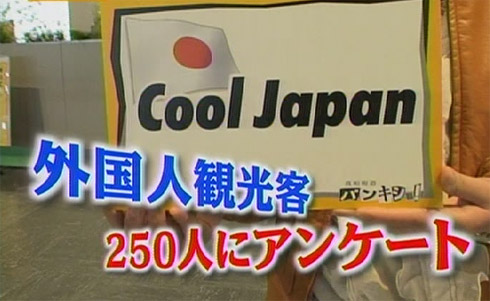

Author's Brief Comment
If the author may add a word or two – both the consistency (20 years of following the set goal) and the very meticulous accounting to citizens of every penny (sorry, yen) and the scale at which support is provided to entrepreneurs (including small businesses, as the Fund covers support even for 1-person cultural activities) are impressive and it's not easy to find such honestly and consistently implemented cultural policy in other countries.
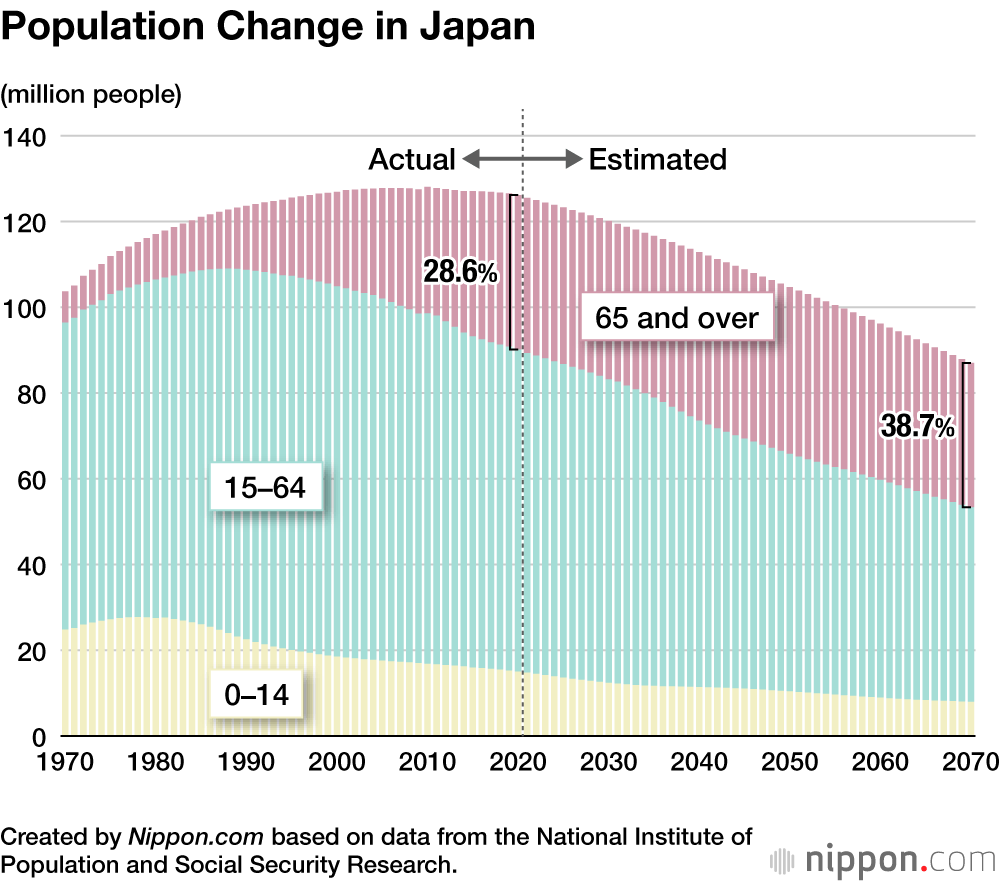
The topic is not simple, nor is it that the Japanese government is doing nothing about Japan's contemporary social problems. Nevertheless, the grimly looming future of this nation necessarily must affect, in principle, all long-term projects that are undertaken there and there are currently no issues concerning contemporary Japan that can be discussed without considering this threat.
>>SEE ALSO SIMILAR ARTICLES:
Beyond Stereotypes: The True Face of Hikikomori in Japan and Worldwide
Parasite Singles: Japan's Demographic Dilemma at the Heart of Family
On Japanese Honesty: 10 Vignettes from Everyday Life in Japan, Left Without Comment
"Strong Japanese Women"
see book by the author
of the page
未開 ソビエライ
An enthusiast of Asian culture with a deep appreciation for the diverse philosophies of the world. By education, a psychologist and philologist specializing in Korean studies. At heart, a programmer (primarily for Android) and a passionate technology enthusiast, as well as a practitioner of Zen and mono no aware. In moments of tranquility, adheres to a disciplined lifestyle, firmly believing that perseverance, continuous personal growth, and dedication to one's passions are the wisest paths in life. Author of the book "Strong Women of Japan" (>>see more)
Personal motto:
"The most powerful force in the universe is compound interest." - Albert Einstein (probably)
Mike Soray
(aka Michał Sobieraj)
未開 ソビエライ
An enthusiast of Asian culture with a deep appreciation for the diverse philosophies of the world. By education, a psychologist and philologist specializing in Korean studies. At heart, a programmer (primarily for Android) and a passionate technology enthusiast, as well as a practitioner of Zen and mono no aware. In moments of tranquility, adheres to a disciplined lifestyle, firmly believing that perseverance, continuous personal growth, and dedication to one's passions are the wisest paths in life. Author of the book "Strong Women of Japan" (>>see more)
Personal motto:
"The most powerful force in the universe is compound interest." - Albert Einstein (probably)
Mike Soray
(aka Michał Sobieraj)
Write us...
Ciechanów, Polska
dr.imyon@gmail.com
___________________
inari.smart
Would you like to share your thoughts or feedback about our website or app? Leave us a message, and we’ll get back to you quickly. We value your perspective!

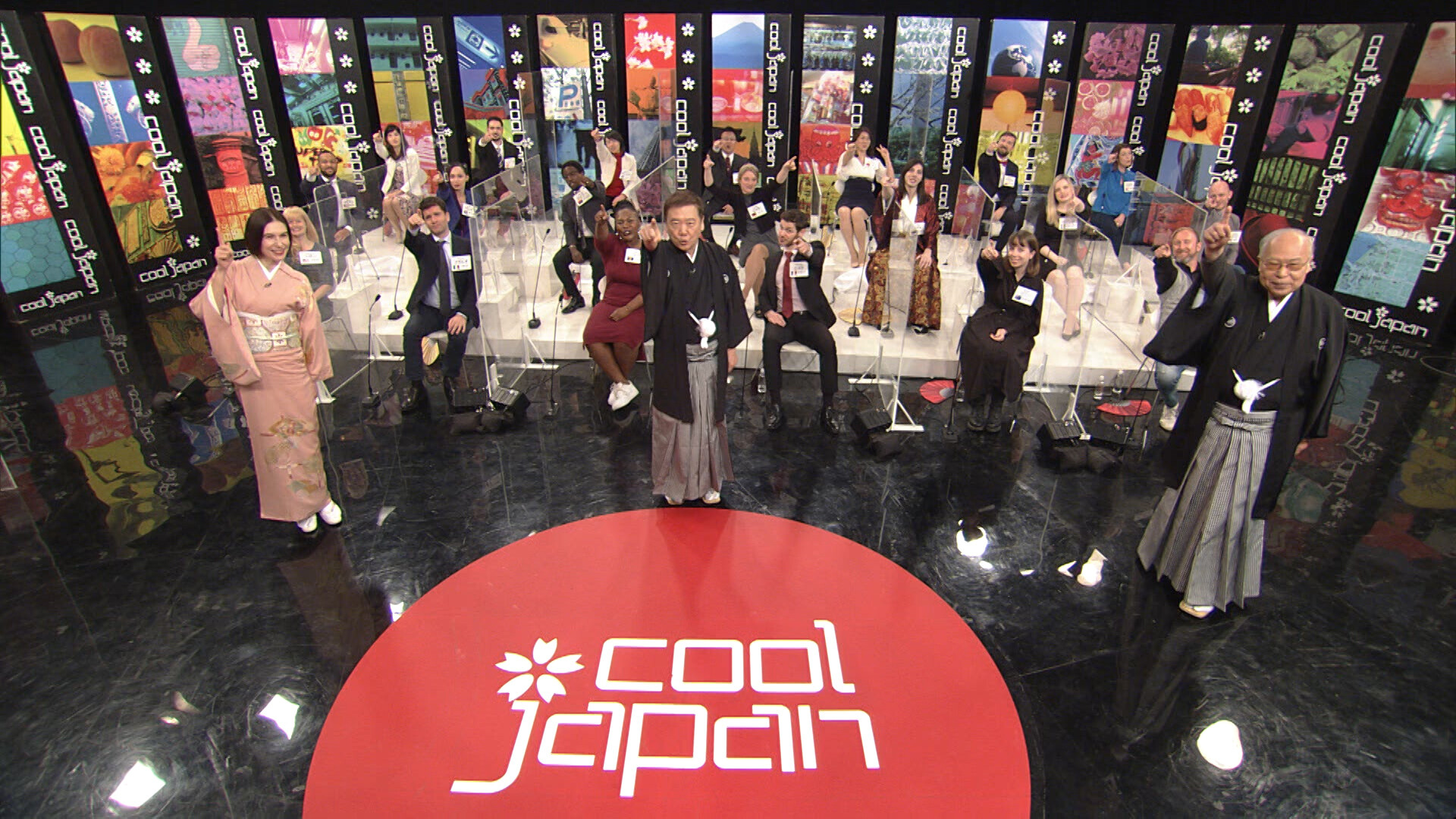
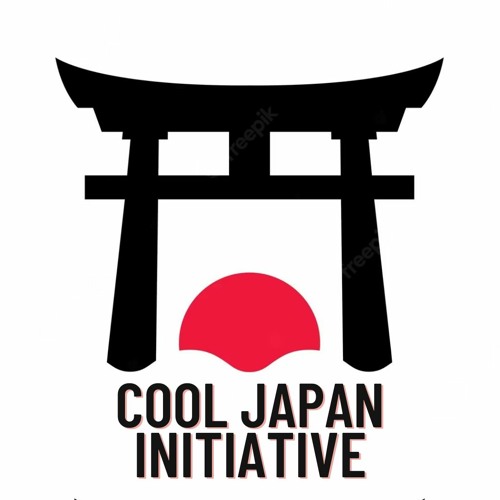
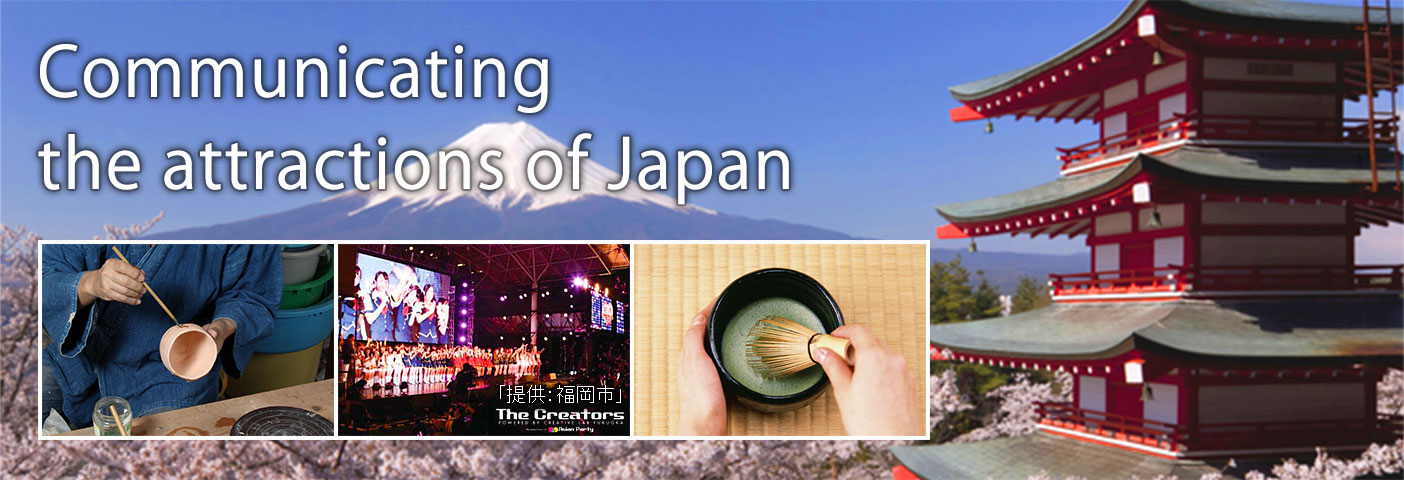
 Promotion of Japanese Fashion
Promotion of Japanese Fashion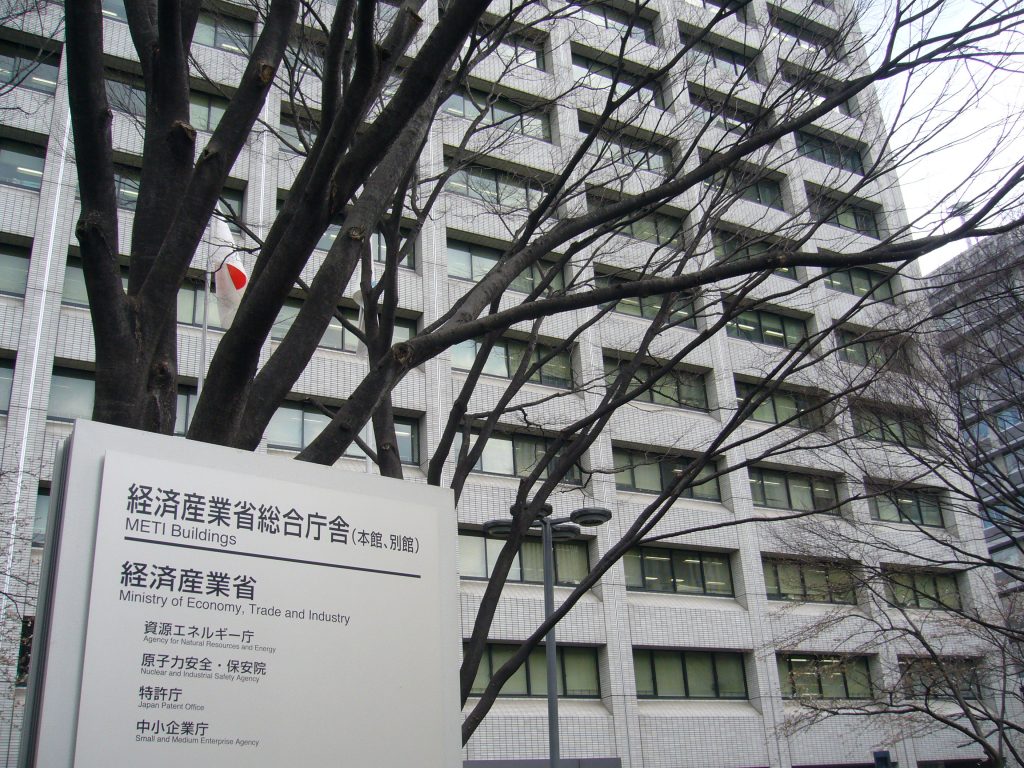 Openness to External Evaluations
Openness to External Evaluations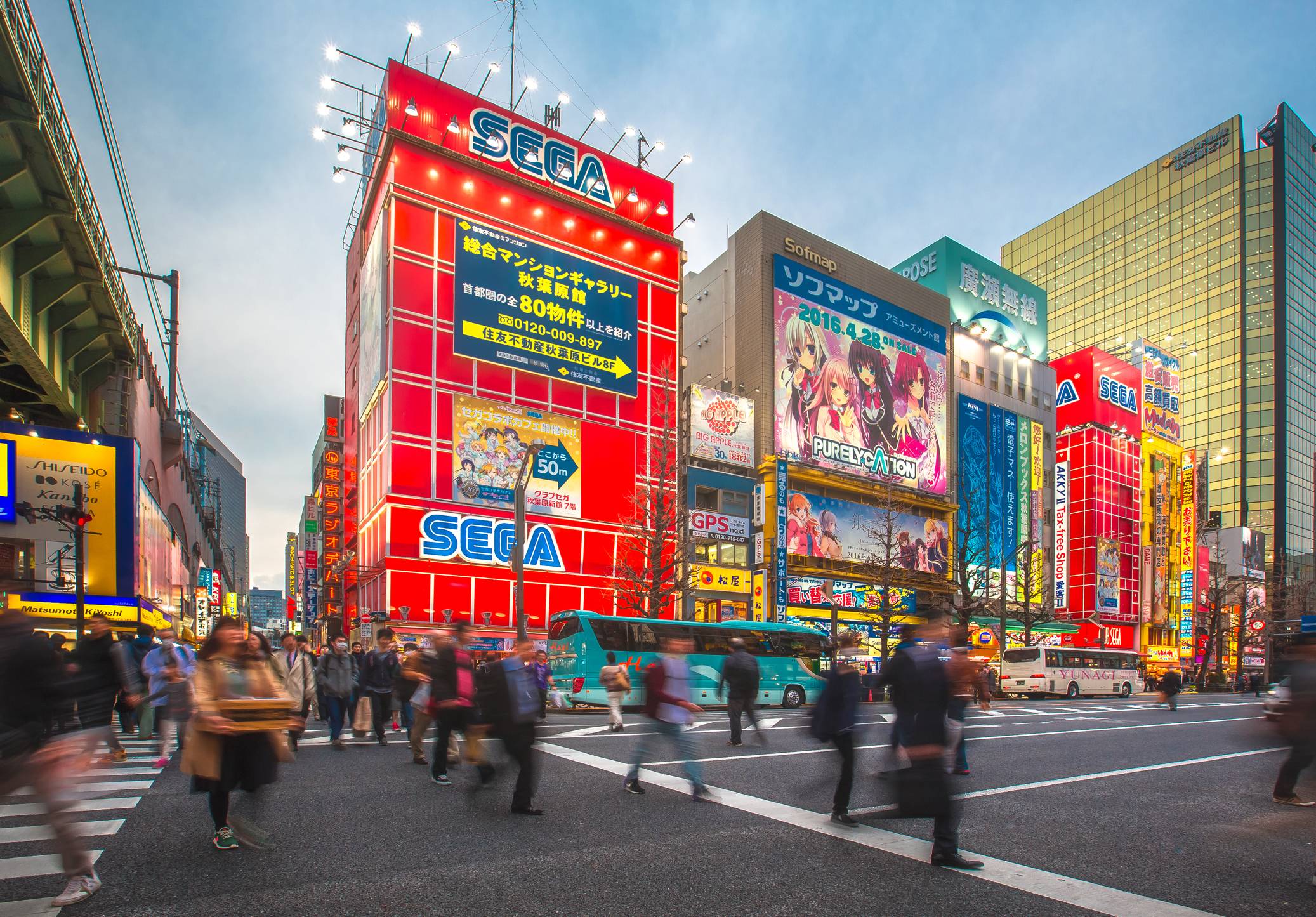 Charges and Mishaps
Charges and Mishaps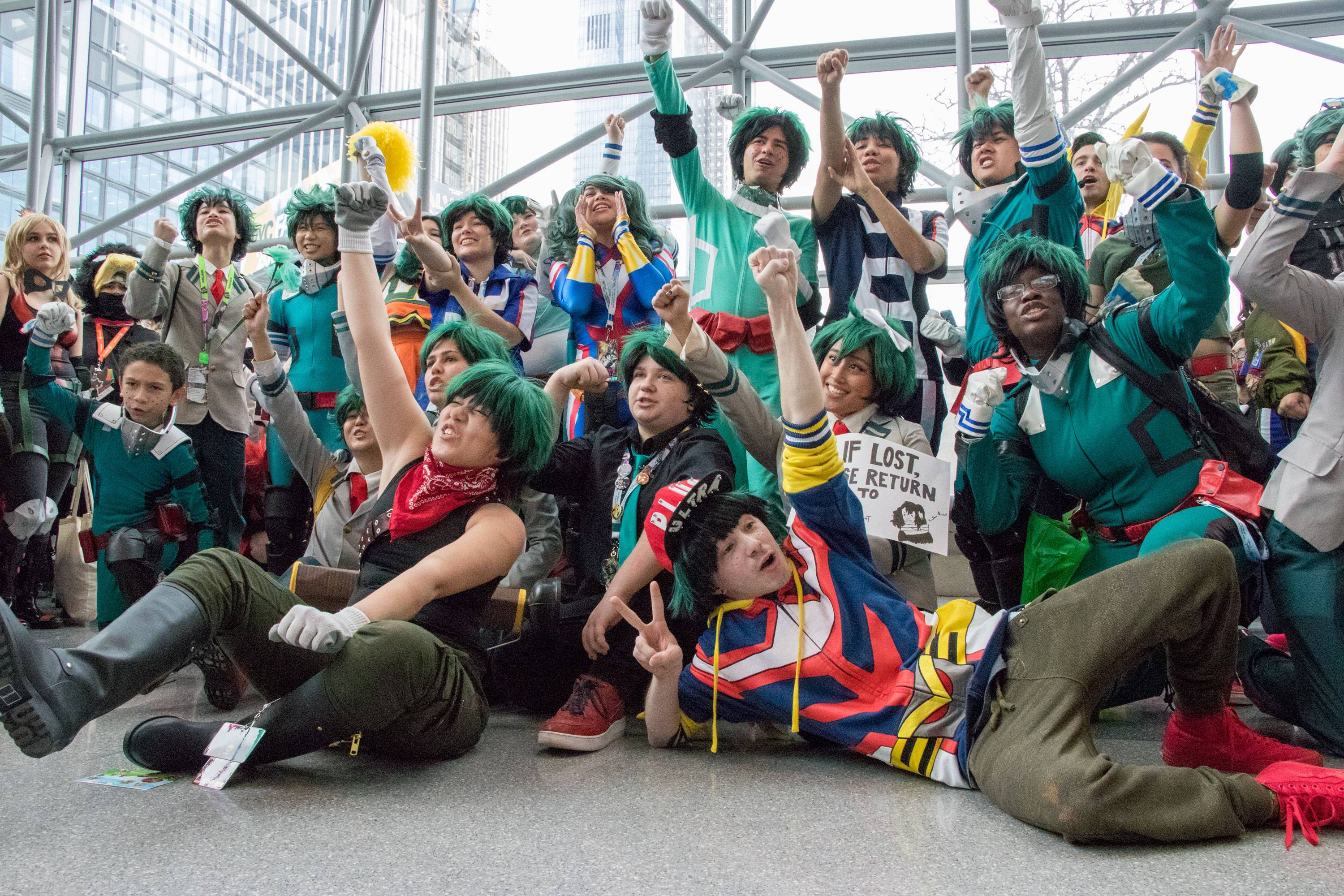 Challenges Related to Global Accessibility
Challenges Related to Global Accessibility Investment Efficiency
Investment Efficiency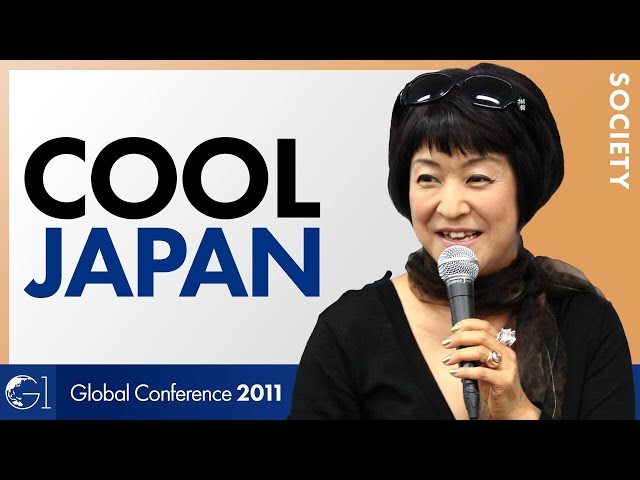 The Accusation is Inefficiency, Not Inhonesty
The Accusation is Inefficiency, Not Inhonesty